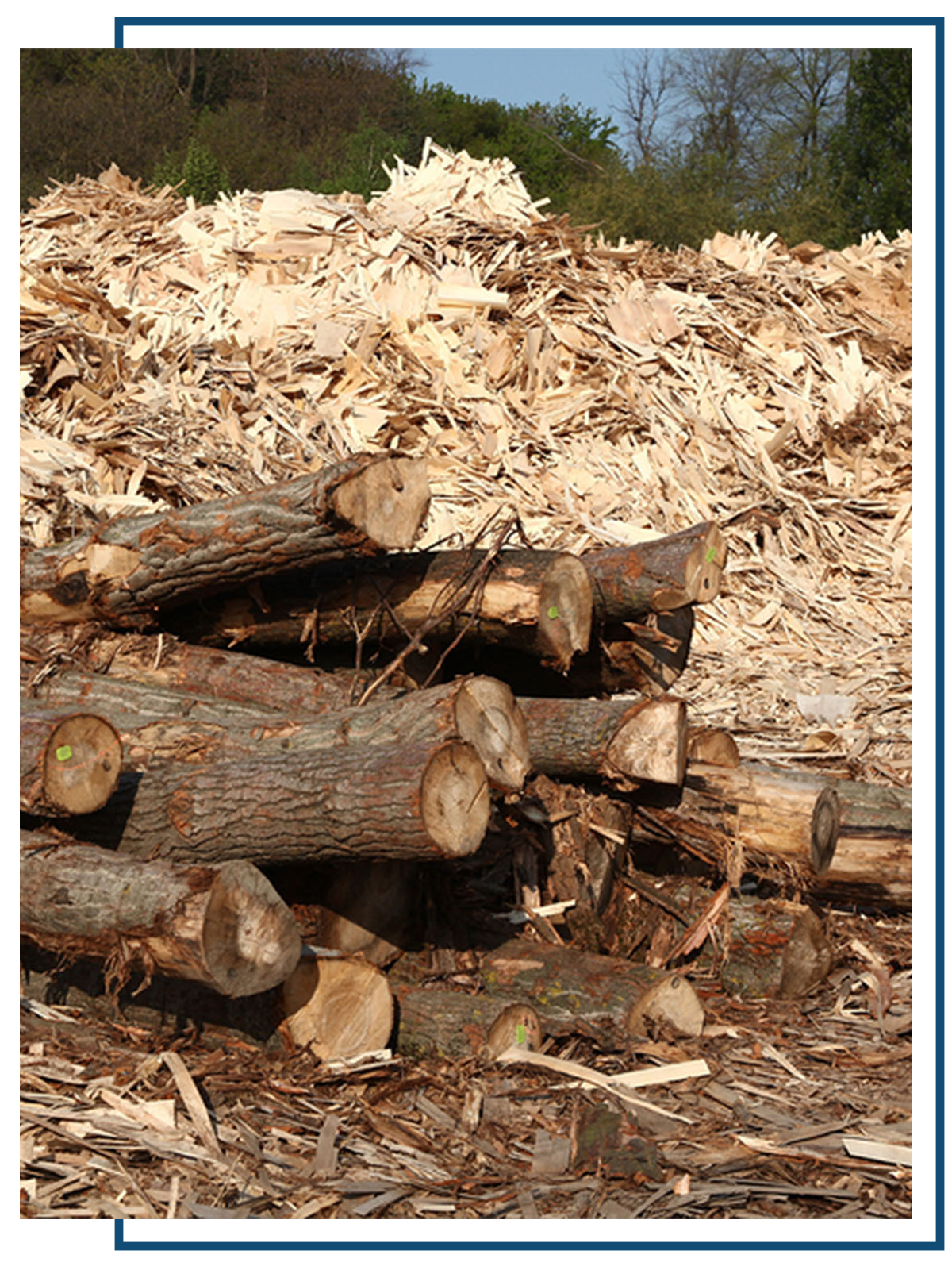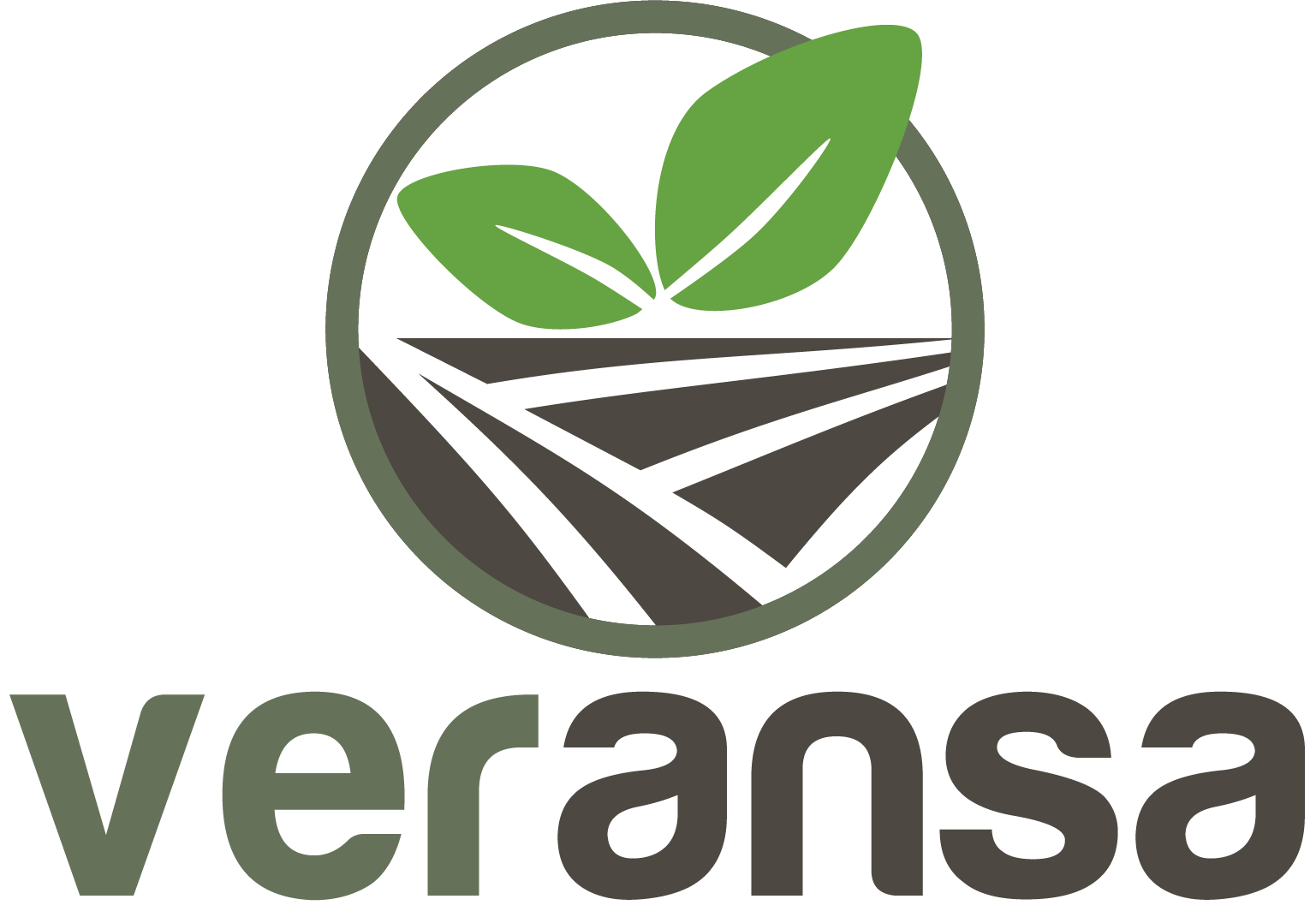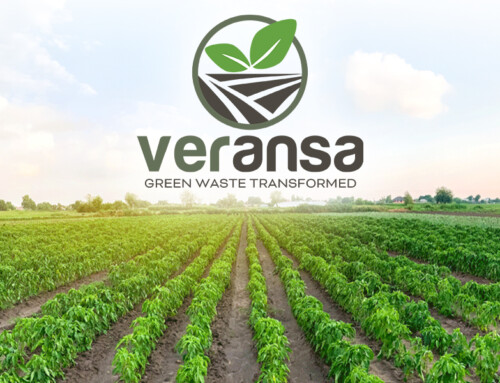Despite its name, yard waste shouldn’t be considered trash. Yard waste is a part of the green loop, the life cycle process that returns nutrients from plants back to the soil.
Yard waste is organic and/or vegetative material derived from yard and garden maintenance, as well as the natural attrition of yard plants. Yard waste may include grass clippings, leaves, tree trimmings or branches, weeds, and stems. Yard waste does not belong in a landfill or incinerator. When dropped into a landfill, yard waste won’t properly decompose, releasing methane gas into the atmosphere. Although some landfills utilize methane for energy production, organic yard waste has much more potential. Here are 5 of our best suggestions for disposing of yard waste in an eco-friendly and sustainable way.

Sustainable Tips for Disposing of Yard Waste
Responsible yard waste disposal can involve one or more of these eco-friendly methods:
- Let Grass Clippings Lie: Grass clippings protect your soil and, when decomposed, enrich the soil with vital nutrients that keep your lawn healthy. Simply leave the clippings on the lawn after mowing. If grass clipping clumps are too large, mow over them a second time to break them down.
- Transform it Into Mulch: Mulch not only improves the aesthetic quality of your garden or landscape, but it protects bare soil from erosion, helps to retain moisture and provides temperature regulation for roots. The best way to create home-grown mulch is to put branches and old trees into a woodchipper.
- Fill Raised Beds and Build Planting Mounds: Growing one’s own food, no matter the scale is becoming increasingly popular. Yard waste, such a branches, brush, and leaves, can be used to create or fill raised garden beds. Put the brush in first, then fill in with soil and compost. As the branches and brush decompose, they will release rich nutrients into the soil. These bulky yard waste items also save money by minimizing the amount of soil and compost needed.
- Create Your Own Compost: While yard waste is not typically utilized for a hot compost pile due to its bulk and slow rate of decomposition, it is ideal for a “low and slow” compost heap that provides a place for these materials.
- Bring Yard Waste to a Collection Site: Most municipalities pick up yard waste periodically – or they may operate a yard waste collection facility. If you plan on having your yard waste collected, utilize organic or paper bags made for the purpose of collecting these materials. (Plastic bags will contaminate any composting efforts). There are also municipal partner firms that collect yard waste at regional centers. These companies use the materials to create mulch, compost, topsoil, and other sustainable products to rejuvenate local soils.
Click here to view local collection and drop-off centers for your yard waste.
Avoid the Landfills
- Organic waste that ends up in landfills or incinerators releases powerful greenhouse gases into the atmosphere.
- Waste in the landfill represents a wasted opportunity to rebuild the soil and return nutrients back to the environment.
At Veransa, our team is dedicated to repurposing yard waste and wood waste into sustainable organic products that nourish the earth.If you work for a municipality and are seeking a partner for storm debris removal and residential wood waste collection, we invite you to call one of our knowledgeable experts to discuss our services. If you are a residential customer looking for solutions to dispose of yard waste, visit our website. We have collection sites in Sarasota, Clearwater, Tampa, Fort Myers and Seffner. Finally, if you are a farmer in need of a source for organic compost, soil, and turf, browse the Veransa line of quality organic products.



